Les festivités démarrent officiellement ce lundi 14 février 2022 lors d’une cérémonie présidée par le chef de l’État, George Weah. Des conférences, des festivals et autres événements vont se succéder toute cette année 2022. Le pays commémore en réalité l’arrivée sur le territoire où sera fondé Monrovia, il y a deux siècles, des premiers Africains-Américains en provenance d’Amérique.
Si le Liberia déclare son indépendance en 1847, vingt-cinq ans plus tôt, en 1822, les premiers esclaves affranchis en provenance des États-Unis débarquent sur Providence Island, un bout de terre acheté quelques mois auparavant à des populations autochtones par l’American Colonization Society.
L’élite du pays
Des milliers d’autres immigrants suivront jusqu’à la fin du XIXe siècle. Des affranchis et leurs descendants qui, au fil des décennies, constitueront l’élite politique et économique du Liberia, instaurant pour près de 150 ans un système de domination sur les populations autochtones.
Ce système, qui résistera à la vague d’indépendances africaines des années 1960, finira par s’effondrer en 1980 avec le coup d’État de Samuel Doe. Son assassinat en 1990 – après dix ans de gestion chaotique – précipitera ensuite le pays dans un cycle de quatorze ans de guerres civiles.
Unité nationale et réconciliation
« Aujourd’hui, la situation a changé, explique le Dr Laurent Assouanga de l’université de Cocody. Le duel entre les Américano-Libériens et les autochtones n’existe plus. Cette élite américano-libérienne a d’ailleurs été décapitée par la guerre civile. Beaucoup ont quitté le Liberia. Mais ils gardent tout de même une certaine puissance économique. »
Ces commémorations du bicentenaire ont été placées sous le signe de l’unité nationale et de la réconciliation. Elles sont aussi, pour les autorités, l’occasion d’un appel au retour de la diaspora et de ses capitaux dans un pays qui peine toujours à se relever économiquement, dix-neuf ans après la fin de la guerre civile.
RFI
The Fascinating Story Of Liberia: The African Country Founded By African-Americans – An interesting, but ultimately sad history
OnOnthe 12th of April, 1980 a band of 17 men stormed Liberia’s presidential palace. Despite being only low-ranking soldiers in the army, they decided to take matters into their own hands. Finding the president sleeping in his bed, they killed him on the spot. After this bloody deed, the insurgents rounded up almost all the members of his cabinet, and put them on trial.
The leader of the coup was Samuel Doe, an indigenous master sergeant of the Liberian Army. Proclaiming himself general, he quickly implemented his own version of swift justice. All the members of his band of men were indigenous Africans. All the government officials he arrested were members of the Americo-Liberian ethnic group.
This group had ruled Liberia since its founding in 1847. Descendants of former slaves and free African-Americans who made their way back from the US to the African continent, they had kept a tight reign on power in the country. Back in America, they were citizens of second category. In Africa, they realized how American they really were. They differed from the native Africans they found themselves among. In language, culture, and education.
President William Tolbert, the man executed by the conspirators when they entered the Executive Mansion, was the grandson of a former slave from South Carolina who emigrated to Liberia in 1878. Yet, he was just the second Liberian president to actually speak an indigenous language. It was only under his predecessor in the 1960’s that the native Africans got the right to vote in national elections.
All power in the country was concentrated in the hands of the Americo-Liberians. Never making up more than a small percentage of the total population of the country, they ruled over the rest of the native groups. Through the True Whig Party, they controlled the government, the economy, and the state. The societal inequalities this system generated caused much resentment among the majority population.
This boiled over into enormous anger, culminating in Samuel Doe’s coup of 1980. The native African soldiers put the top government officials on a show trial, and condemned all of them to death. On the 22nd of April, thirteen of them were stripped to their underwear, and taken to the beach, where they were tied to wooden poles. In a grisly scene, these former rulers were executed. All the men who met their end on that fateful day were of African-American descent.
Liberia was founded as a homeland for African-Americans
The story of Liberia starts many years before these grim events, and on another continent. In early 19th century United States, the number of free blacks kept on growing. They were second-class citizens, looked down upon by the white majority.
This posed a dilemma for many individuals within this community. What should they do? Should there be a push towards greater rights within the US? Or was the answer the creation of a new, separate black-only territory?
One of the proposals being floated around at the time was the setting up of a free black homeland in Africa. Right at the onset, the idea faced mighty opposition. Frederick Douglas, former slave and prominent abolitionist, argued vehemently against it. For him, blacks were Americans, just like the whites.
“We live here — have lived here — have a right to live here, and mean to live here.” — Frederick Douglas
However, there were some people who saw things differently. In 1816, the American Colonization Society (ACS) was founded. Its aim was to resettle free blacks to Africa. Beginning in 1820, it started sending ships with emigrants over to the continent. In December of 1821, the ACS acquired territory on the Windward Coast. This marked the founding of Monrovia, later to become the capital of Liberia.
The problem was that Africa already had its inhabitants, and they were not very happy to see newcomers come in and try to take their land. The relations of the African-American settlers with the natives were strained right from the get-go. The Africans saw the black Americans as no more than dark-skinned occupiers. In fact, as Alan Huffman writes in his book “Mississippi in Africa”, they didn’t consider them as being any different from the whites.
“Some of the native tribes had a name for them, which is still occasionally used to refer to blacks of American ancestry: white.” — Alan Huffman
On the other hand, the African-American settlers regarded the natives as uncivilized brutes. In their eyes, it was their mission to bring Christianity and civilization to these lands. With these hostile visions of the “other” on both sides, armed conflict ensued.
Tolbert family in Liberia in 1913 (Source: Wikimedia Commons)
While this dichotomy between settler and native defined the colony, not everyone within the African-American community was created equal. On one side you had a number of individuals of free black or mixed-race descent, who were often educated and had considerable money and resources. However, the vast majority of the newcomers were freed former black slaves, who were usually uneducated and of little means.
Initially, the settlers struggled in the harsh conditions of the tropical African coast. Many of the immigrants died due to diseases, wars with natives, and other causes. Yet, little by little, they established themselves in the territories.
Liberian independence
As the power of the ACS waned, the black settlers took the reigns into their own hands. Imbued with a spirit of independence and Christianity, they wanted to prove that blacks could govern themselves. On the 26th of July 1847, eleven men signed the Declaration of Independence. Liberia was now a free nation.
Yet right from the beginning various cleavages manifested themselves. Settler versus native. Rich versus poor. Mixed-race versus black. While Liberia was a democracy, the franchise was restricted to property-owning, tax paying males of black American descent. This disenfranchised not just the natives, but also the majority of the African-American immigrant population.
On the political scene, the first big battle was fought between the mixed-race settlers and their black counterparts. The two main political parties at the time were the Republican Party, drawing its support mostly from the mixed-race population, and the True Whig Party, which was founded by darker skinned immigrants centered around Edward James Roye.
Born in Ohio, Roye already made quite a fortune back in the United States. His wealth only grew after he emigrated to Liberia. He prided himself on being of pure African descent, which was marked by his incredibly dark skin. Wanting to break the dominance of the mixed-race merchants on Liberian politics, he decided to run for president of the country. And surprisingly, he won.
This was the first time the True Whig Party gained the presidency. While the Republicans tried coming back, the True Whigs once again won the election in 1878. They never left it thereafter. For over a hundred years, one party dominated Liberia. This healed the mixed-race and black cleavage, but still left other problems on the table.
The Americo-Liberians were the privileged group, but even within that community the true power was in the hands of a small number of families. The entire system turned more and more corrupt. Nepotism, and not merit, became the prevailing way of filling offices.
The oppressed become the oppressors
While the African-Americans who emigrated to Liberia were often of the same skin color as the natives, in culture they could not be more different. The former slaves from across the ocean were American in mindset and ideals. They viewed themselves as pioneers conquering a new land, bringing civilization to the natives. They built American-style houses, and created institutions modeled on those of the United States.
Even the flag of Liberia is a stark reminder of this. The words of the Liberian Declaration of Independence includes a phrase pointing to who the Liberians were supposed to be. They were originally the inhabitants of the United States. This left out the majority of the population of the country.
“We, the people of the Republic of Liberia, were originally inhabitants of the United States of North America.” —
Declaration of Independence of Liberia
Much of Liberian history was marked by this conflict between the settlers and the natives. The African tribes resented the encroachment of these newcomers on their land. They often attacked the settlers, which would encourage retributory attacks.
Another issue at play was slavery. The tribes on the Windward Coast profited from the slave trade, acting as middlemen in the business. This of course was another reason for the constant conflicts with the African-American settlers, who as former slaves or their descendants wanted to eradicate it.
In a short amount of time, it was the settlers who got the upper hand. As usually happens, the oppressed became the oppressors. With the power being overwhelmingly in the hands of the Americo-Liberians, abuse ensued. Corrupt officials would force the natives to work on their lands or on construction projects, often without pay.
This culminated in a huge scandal, which exposed the moral decadence that had set into certain elements of the Liberian ruling class. In 1927, Charles D. B. King won the presidential election over Thomas Faulkner. Won is of course just a relative term in this case.
While the election process in Liberia was quite vibrant with the candidates going at it, the dominance of the True Whig Party at that time was such that the result was a foregone conclusion. In what has been termed the most rigged election ever, King received almost 240 thousand votes. Faulkner 9 thousand. Yet, the number of eligible voters was only 15 thousand!
Pissed off with the corruption, Faulkner accused the True Whig leaders of abusing the natives, and instituting a system which was akin to slavery in all, but name. The League of Nations was called in to investigate. Indeed, their report was damning.
They found that certain Liberian officials forced the natives to work on projects, and even sent them out to labor on plantations abroad. Intimidation, humiliation, and compulsion were common methods used.
“They have condoned the utilization of this force for purposes of physical compulsion on road construction for the intimidation of villagers, for the humiliation and degradation of chiefs, of captured natives to the coast, there guarding them till the time of shipment.” — League of Nations report
The scandal forced King to resign from the presidency. While the worst abuses were corrected, the split between the Americo-Liberians and the others remained. The descendants of the black American settlers did not mingle much with the native Africans. From time to time however, they did accept others into their ranks.
President of Liberia and entourage in the Hague in 1927 (Source: Wikimedia Commons)
Numerous blacks from the Caribbean, especially Barbados, also emigrated to Liberia, and easily integrated with the Americo-Liberians. Another group that eventually joined their ranks were the so-called Congos. These were former captured slaves freed by the American navy from slave ships. While initially these too were second-class citizens, over time they integrated themselves with the group of American-descent. In fact, today the Americo-Liberians are usually called Congos in Liberia.
What was rare was the integration of the natives into the ranks of the ruling class. Many of the Americo-Liberian families took on talented natives as “wards”. Sometimes, they treated them badly, but in many cases this allowed the natives to get an education and become a part of the system.
The end of Americo-Liberian dominance and Liberia’s descent into chaos and civil war
It was in fact, these natives who were raised as wards of the ruling families that started taking initial shots at the structure of Liberian society. It became apparent that things could not stay the way they were. With a growing literacy among many of the natives, and the looming independence of African colonies from the European powers, change was in the air.
In the mid-1940’s the right to vote was granted to women, and also natives of certain stature who owned large property and paid taxes. However, it was only in 1964 that the franchise was extended to all the citizens of Liberia. In a way, these structural reforms paralleled the civil rights movement in the United States.
However, despite the improved status, discontent was still growing among many of the natives. Protest movements were launched. Strikes were organized. These were met by repression, and several of the leaders were jailed.
Yet, the final nail in the coffin to Americo-Liberian rule came from way out in left field. A small group of discontented soldiers housed in a Monrovia barracks started planning a coup. At the beginning of 1980, they put their plan into motion. Badly organized, the ease with which they took over exposed the hollowness of the Liberian system.
Samuel Doe, the soldier from the Krahn ethnic group, put himself in charge of the country. Many of the leaders of the old establishment were put to death. Others fled. The outburst of anger at the old ruling group was great. In order to save their lives, many Americo-Liberians escaped to the United States, the land which their ancestors had left. In a way, things came full circle.
Samuel Doe ruled for 10 more years. However, his rule was marked with repression and bloodshed. He entrenched his own Krahn group in power, which caused much resentment among the other ethnicities. Rebel groups sprang up, and ended up deposing him in 1990 in a gruesome outburst of violence.
Unfortunately, this was just the beginning of the terror. Rival warlords battled themselves for power, often recruiting child soldiers and wiping out entire villages in the process. The Liberian Civil War became renowned for its cruelty and wanton slaughter. This marked the sad end of a country which had been started with so much hope.
In a way, the Liberian experiment had its positives. It proved that blacks can indeed govern a sovereign nation. The African-American immigrants established a government, with regular elections, and a vibrant society. Unfortunately, it also exposed the deeper workings of human nature. Humans can be selfish creatures. The oppressed often become the oppressors. If people are not careful, any noble idea can descend into chaos.
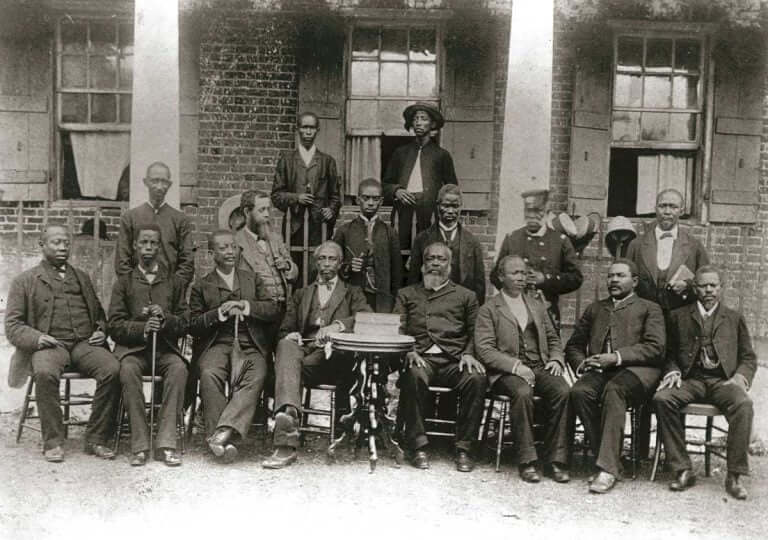
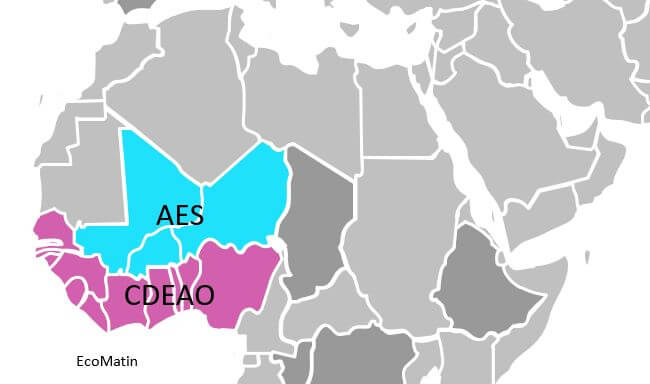
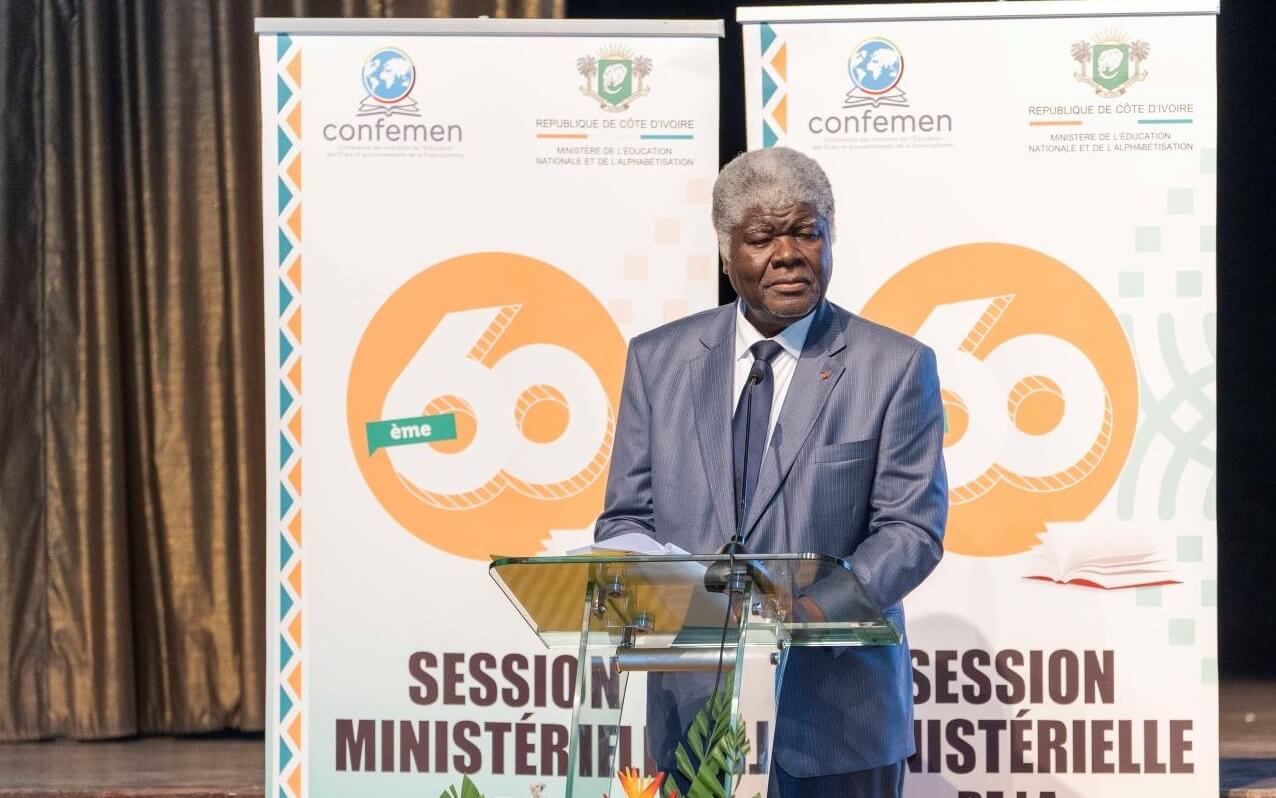
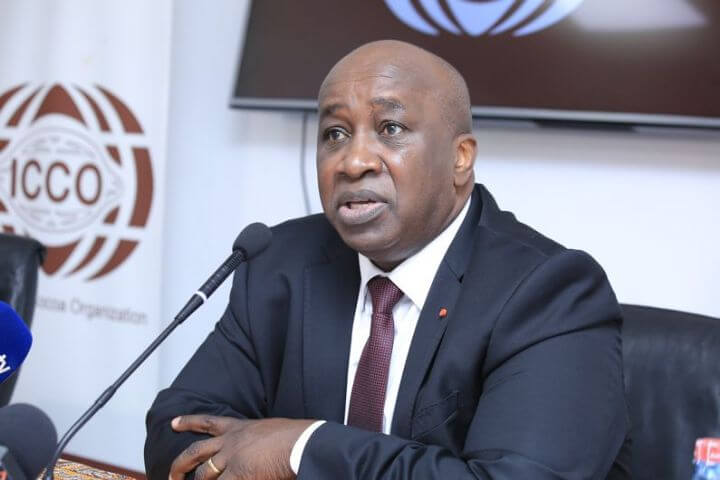
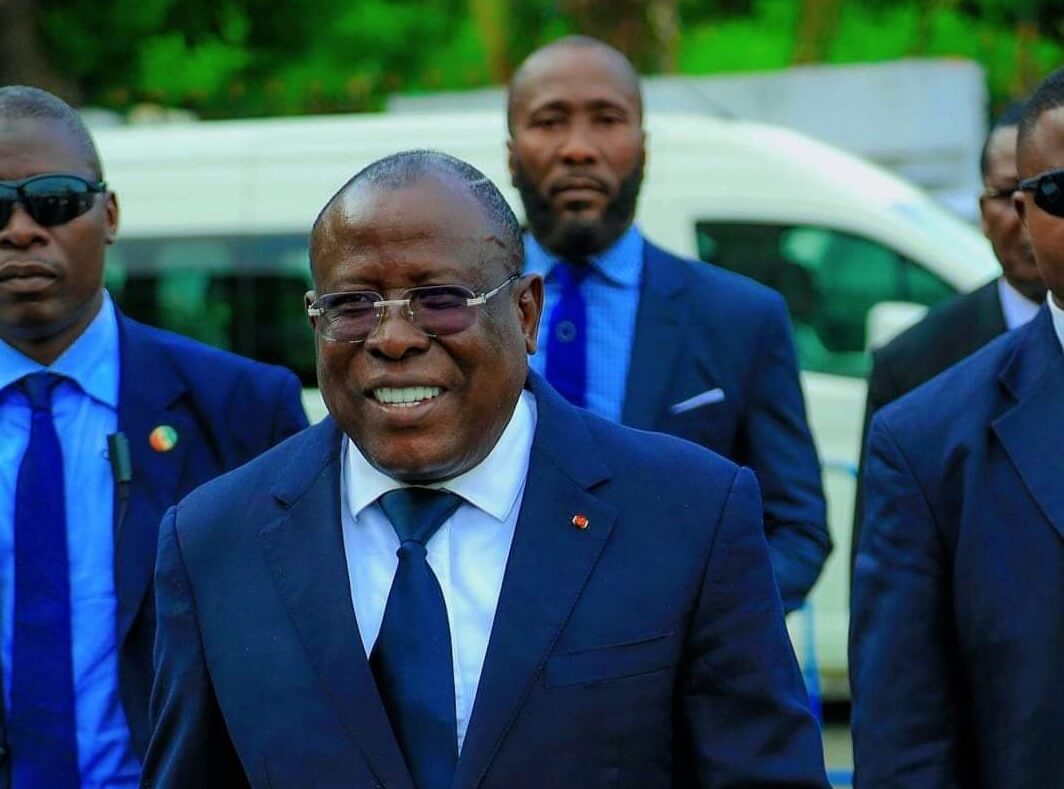

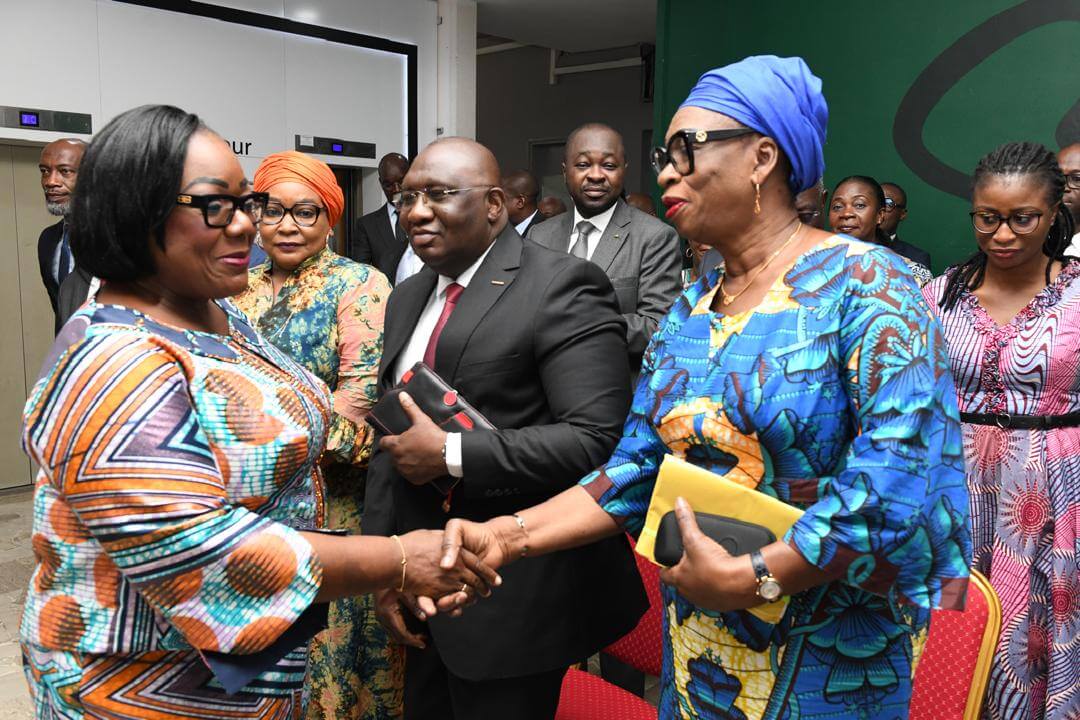
Commentaires Facebook